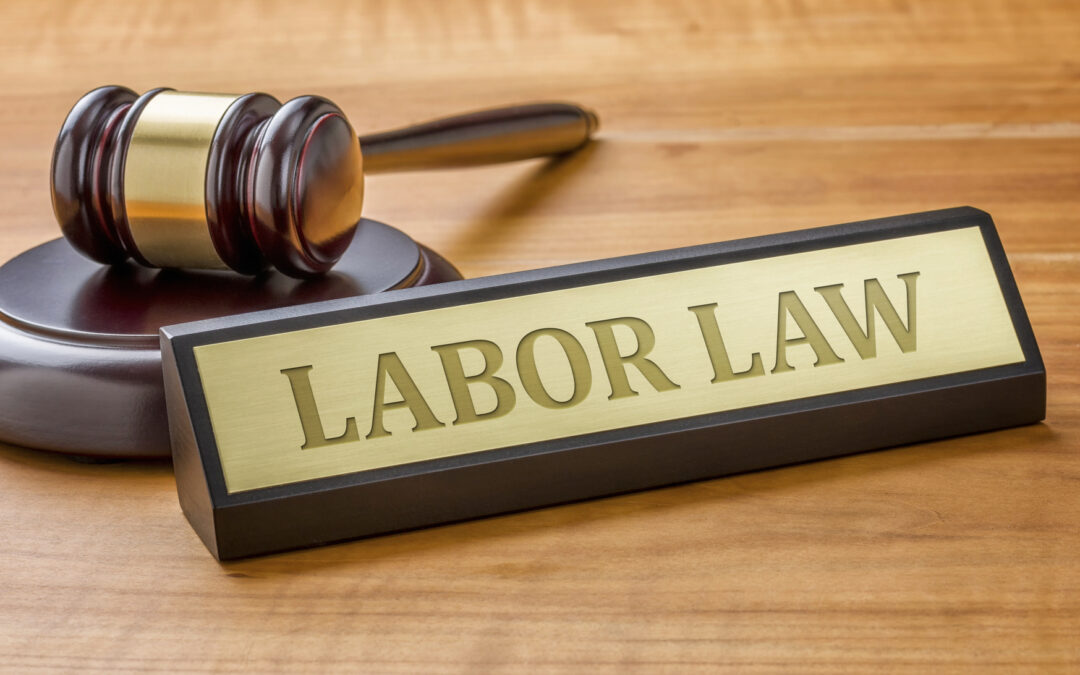In United Auto Workers Union Local 1700 v. NLRB, 2016 WL 7384008 (6th Cir. Dec. 21, 2016) the Sixth Circuit overturned a decision of the National Labor Relations Board which found that the Local Union had violated its duty of fair representation to a member, Aretha Powell. In this case, it’s safe to say that Powell had a troubled history with the employer involving incidents of threats and fighting. In fact, one incident prior to the facts giving rise to this case involved a threat against her union steward, Margaret Faircloth. In any event, the underlying grievance in this case arose out of an incident in which Powell had threatened a co-employee. An investigation ensued, consisting of obtaining statements from co-employee witnesses, and Powell was initially suspended then terminated. A grievance was filed by Powell’s union steward, Faircloth. Ultimately, an offer to resolve the grievance was entered into between the Company and the Local Union, to which Powell did not agree. The Company and the Local Union nevertheless settled the grievance at later steps in the process. Powell then filed charges with the NLRB. The ALJ had found in favor of the Company and the Local Union, but the NLRB reversed.
The main issue dealt with one of the statements obtained during the investigation which was provided by Faircloth. As stated above, Faircloth had also filed Powell’s Step One grievance, and it was essentially undisputed that Powell was not aware of the existence of Faircloth’s statement. Although the decision dealt at length with whether Faircloth’s statement was true or not (which the Court ultimately decided it was), the real issue was whether the Local Union had otherwise breached its duty of fair representation to Powell by failing to disclose the existence of Faircloth’s statement during the grievance process. The Sixth Court held it did not and vacated the Board’s ruling (with a concurring opinion filed by Judge Stranch).
The Court noted the standard, that in order to find a breach of the duty of fair representation, the union’s conduct towards a member must be arbitrary, discriminatory, or in bad faith. The Board had only noted that Faircloth’s statement reasonably could have altered Powell’s approach to the processing of her grievance, which constituted arbitrary conduct. The Court disagreed. It found that there was a rational basis for the Local Union’s decision not to disclose the statement as it was reasonable for it to be concerned about how Powell would react based on her prior history. Additionally, the Court noted that it was impossible for Powell to file the grievance herself as she was barred from the premises during her suspension and termination. (Along this line, the Court also noted that it was not improper for Faircloth not to recuse herself, as union agents are not lawyers and cannot be held to that type of standard in potential conflicts of interest). The Court also noted Faircloth’s “representation” at Step One of the process did not adversely affect the outcome as the Step One process is basically ministerial in nature and Powell was represented by the Local Union’s chairperson at Step 2, and a settlement was reached there.
The Court also found that there was no evidence of bad faith or intentionally misleading conduct by the Local Union based simply on the failure to disclose and further that the grievance had been resolved consistent with an analogous incident. The Court also noted that there was no evidence that Powell would have dealt with her grievance any differently at higher levels had she not been represented by Faircloth at Step One.

